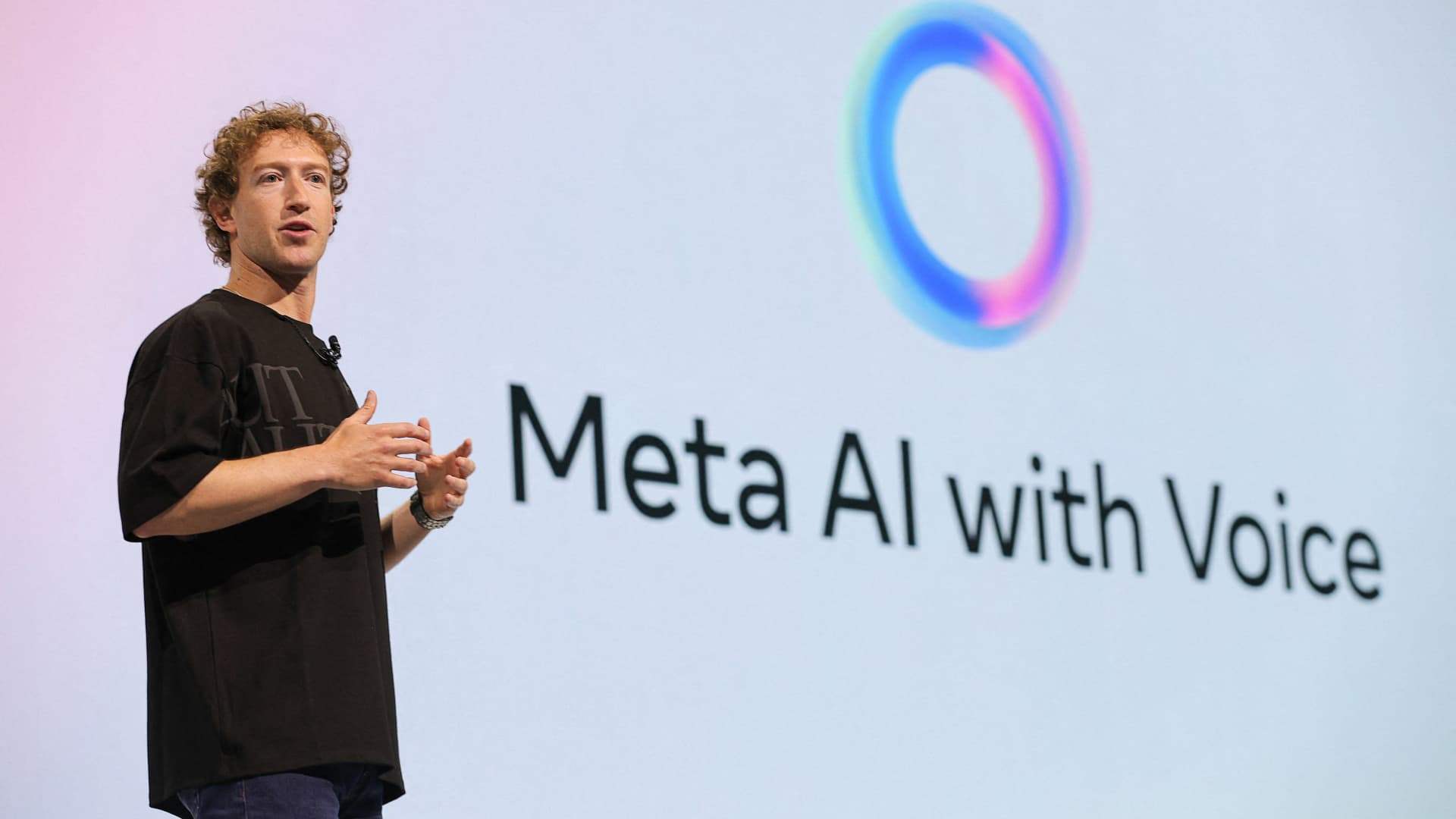A San Francisco federal judge awarded summary judgment to Meta, tossing out an AI copyright case by 13 prominent writers, names such as Sarah Silverman and Ta-Nehisi Coates. They sued Meta for using their books without authorisation to train its LLaMA language model.
Judge Vince Chhabria found the authors had failed to demonstrate any market harm or dilution. That omission made Meta’s victory, issued as a “fair use” case.

Judge’s Caution
Nevertheless, the judge did not completely sanction the way Meta obtains data. He referred to aspects of Meta’s defence as “nonsense.” He also made it clear that the decision applies only to these 13 authors, not every case. Other writers with more meritorious claims may still succeed.
Judge Chhabria established terms for future lawsuits. He noted an attractive legal path: “Market dilution.” AI programs that produce replicas competing with human authors might be in trouble. He outlined three ways this might occur:
- Verbatim copying
- Bid for licensing markets
- Dumping work, undercutting the original demand
This “transformative use” defence comes shortly after a similar win for Anthropic, whose Claude model was also cleared under fair use, though it still faces another trial over alleged piracy.
Industry Reactions
Meta welcomed the victory. It described fair use as “crucial” for creating transformative AI. It indicates that its research enables creativity and innovation to be fueled. Nevertheless, caution from the court means no free-for-all license to use copyrighted content.

For authors and artists, this week’s ruling is two-edged. Meta avoided financial repercussions. The judge also left the door open to future lawsuits under superior evidence. The legal waters are still unclear.
Meta won, but the verdict doesn’t alter the rules. Vigilant creators and their attorneys can continue to challenge AI models. The courts are now set for new fights in the copyright frontier.
Stay tuned to Brandsynario for latest news and updates






































